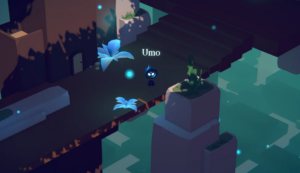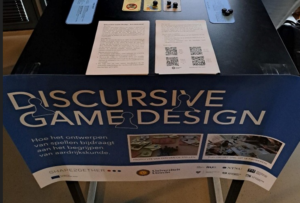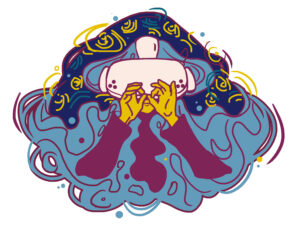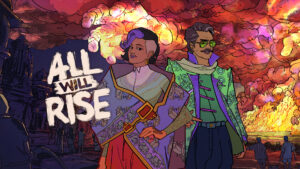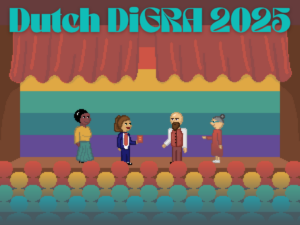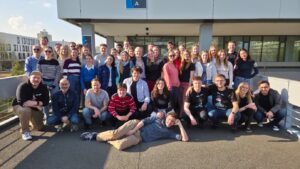Spationomy 2.0- An Application of Discursive Game Design
In a time where it is difficult to engage with the increasingly fraught world around us, games scholars are continuing to search for new ways to approach difficult topics. One such example, is the application of Discursive Game Design(DGD) as seen in the Carbon Pearl game produced in 2021.




